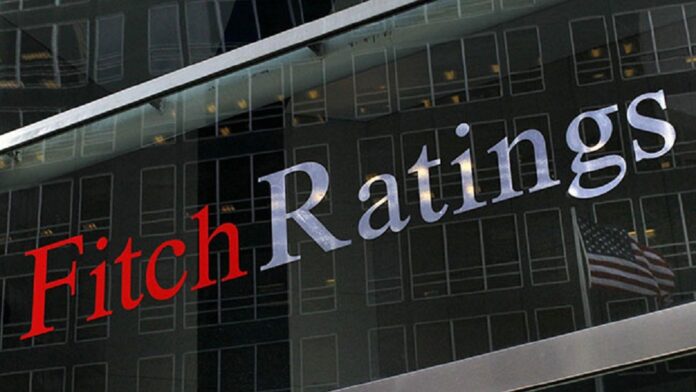By: Isuru Parakrama
September 26, Colombo (LNW): Global ratings agency Fitch has projected that Sri Lanka’s economic growth will rebound to 3.9 per cent in 2024, with an average growth rate of 3.6 per cent expected for the years 2025-2026.
This recovery follows a challenging period of economic contraction in 2023, with the economy showing signs of stabilisation and improvement.
According to Fitch, Sri Lanka’s real GDP growth, adjusted for seasonal fluctuations, rose by 5.0 per cent year-on-year in the first half of 2024.
This marks a significant recovery from the 7 per cent contraction experienced during the same period in 2023.
Industrial growth was a key driver of this resurgence, expanding by 11.3 per cent following an 18 per cent decline in the first half of 2023.
Similarly, the services sector saw a 2.7 per cent recovery after a contraction the previous year, highlighting the broader stabilisation of the economy.
Fitch anticipates further easing of monetary policy over the next two years, as the Central Bank of Sri Lanka has already lowered the standing deposit facility rate by a cumulative 725 basis points since June 2023.
This policy shift is expected to continue in light of subdued inflationary pressures. Inflation stood at 0.6 per cent in August 2024, marking over a year of single-digit inflation, a significant improvement from the 67 per cent inflation rate recorded in September 2022.
Another positive development has been the improvement in Sri Lanka’s foreign-currency reserves, which reached around US$ 6 billion in August 2024, up from US$ 4.4 billion at the end of 2023. T
his increase is attributed to a suspension of external debt service, along with higher tourism revenues and overseas worker remittances.
Fitch also noted that the country’s current account remained in surplus in 2023 and is expected to continue this trend into 2024.
Despite these positive indicators, Sri Lanka remains in default on its foreign currency obligations, with restructuring negotiations ongoing with private external creditors.
Fitch has affirmed Sri Lanka’s Long-Term Foreign-Currency Issuer Default Rating (IDR) at ‘RD’ (Restricted Default) and its Long-Term Local-Currency IDR at ‘CCC-’.
The recent announcement of a preliminary debt restructuring agreement with foreign bondholders and the China Development Bank suggests progress is being made in resolving the country’s external debt crisis.
The restructuring follows the suspension of debt servicing announced in April 2022, which impacted several categories of external debt, including international bonds and foreign currency-denominated loans.
Sri Lanka’s Long-Term Foreign-Currency IDR has been rated ‘RD’ since May 2022, following the expiry of a grace period.
The IMF has forecast Sri Lanka’s gross general government debt-to-GDP ratio to gradually decline to around 103 per cent by 2028, down from 116 per cent in 2022.
However, even with ongoing debt restructuring efforts, Sri Lanka’s debt levels are expected to remain elevated.


